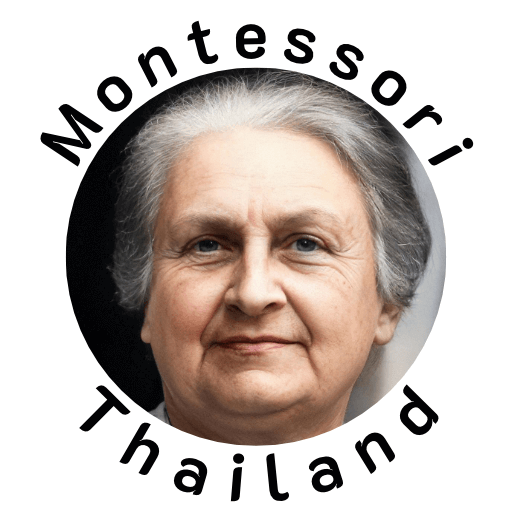Self-regulation is a core principle within the Montessori educational philosophy. It refers to the ability of an individual to control their impulses, behaviours and emotions, which includes aspects such as self-discipline, the ability to delay gratification, cognitive flexibility, motor control, sustained attention, and task persistence[1].
The Montessori method aims to cultivate self-regulation in children through its carefully structured learning environment and child-centric approach to education. This is believed to help children gain control over their actions, develop self-discipline, make thoughtful choices, and become more independent learners[2].
Research suggests that the Montessori environment can enhance children’s self-regulation skills not only in the present but also in their future adolescent and adult lives[3].
Contents
- 1Montessori Quotes on Self-Regulation
- 2Research and Critiques on Self-Regulation in Montessori
- 3Comparison to Other Methods
- 4Glossary of Montessori Terms
- 5Please help to translate this page into your local language
- 6References
Montessori Quotes on Self-Regulation
“The essence of independence is to be able to do something for one’s self. Adults work to finish a task, but the child works in order to grow, and is working to create the adult, the person that is to be.
— Maria Montessori, “The Absorbent Mind”
